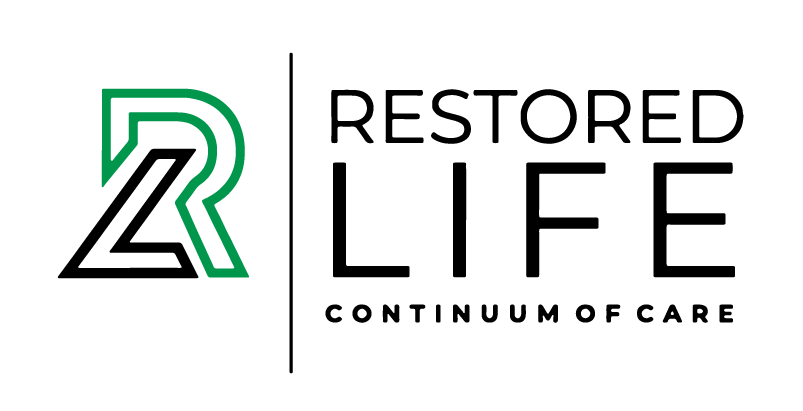Complete the pre-screen form below to initiate the admission process. Our admissions team will contact you shortly.
Related Pages
- Dialectical Behavior Therapy for Addiction Treatment
- Cognitive Behavioral Therapy (CBT) & Substance Use Disorders
- 12-Step Programs for Drug and Alcohol Addiction
- Group Therapy for Drug Addiction Treatment
Rational Emotive Behavior Therapy (REBT) for Addiction Treatment
Rehabs employ various addiction treatment therapies to help individuals recognize thoughts, behaviors, and emotions linked to substance misuse while promoting healthier coping strategies.
One method is Rational Emotive Behavior Therapy (REBT). Read on to discover the benefits of REBT and how to seek help for yourself or a loved one facing substance use challenges.
What Is Rational Emotive Behavior Therapy (REBT)?
Rational Emotive Behavior Therapy (REBT) reduces emotional distress by examining irrational beliefs and transforming them into rational alternatives. Developed by Dr. Albert Ellis in the 1950s, REBT addresses limitations of psychoanalysis and incorporates Stoic philosophy, emphasizing that distress results from personal responses to events.
The core premise is that suffering stems from interpretations of events, leading to irrational beliefs and negative emotions. It empowers individuals to change their beliefs about adverse experiences to alter their responses. Ultimately, REBT laid the groundwork for cognitive behavioral therapy (CBT).
REBT vs CBT: What’s the Difference?
REBT and CBT share concepts about how irrational thoughts impact behavior, aiming to transform negative patterns. Professionals often call REBT “rational-emotive and cognitive-behavioral therapy” due to its role in the CBT framework.
However, they differ: REBT focuses on personal evaluations of situations, while CBT emphasizes descriptive thoughts from observations. REBT distinguishes between rational beliefs, which are flexible and realistic, and irrational beliefs, which are rigid and unreasonable. Moreover, REBT attributes emotional distress to irrational thinking, whereas CBT sees it as responses to thoughts about situations. Additionally, REBT therapists tend to be more direct and use humor more than CBT therapists.
Benefits of REBT
- REBT offers several advantages:
- Helps individuals recognize and change irrational thoughts leading to negative behaviors like substance abuse and procrastination.
- Fosters healthier thought patterns, reducing emotional distress.
- Encourages acceptance of uncomfortable realities, including self-acceptance and acceptance of uncontrollable circumstances.
- Enhances productivity and fulfillment in various aspects of life.
- Strengthens relationships.
- Promotes overall emotional health, addressing depression and anxiety symptoms.
Is REBT Effective?
More research is needed to evaluate the effectiveness of Rational Emotive Behavior Therapy (REBT) for treating addiction and co-occurring mental health disorders like anxiety and depression.
A meta-analysis showed REBT yields moderate to strong positive outcomes for issues such as distress and anxiety. One study indicated it reduced medication dependence in patients with dysthymia.
Another study found that REBT lowered depressive symptoms and irrational beliefs in medical students, while improving emotional functioning in individuals with generalized anxiety disorder.
Find
REBT
Near Indianapolis, IN
If you're struggling with substance misuse, seek help. Contact our Indianapolis inpatient rehab to speak with skilled admissions navigators who can answer your questions about insurance and treatment options.
Call us today at
(765) 780-7689 and embark on your journey toward recovery right now.
You aren't alone. You deserve to get help.
Restored Life Continuum of Care is located in Kokomo, Indiana, which is easily accessible from Indianapolis.
Take your next step toward recovery:
✔ learn more about our addiction treatment programs.
✔ see how popular insurance providers such as Aetna or BlueCross offer coverage for rehab.
✔ view photos of our facility.


